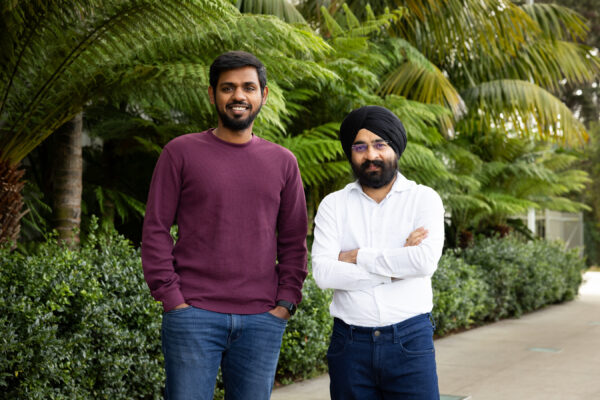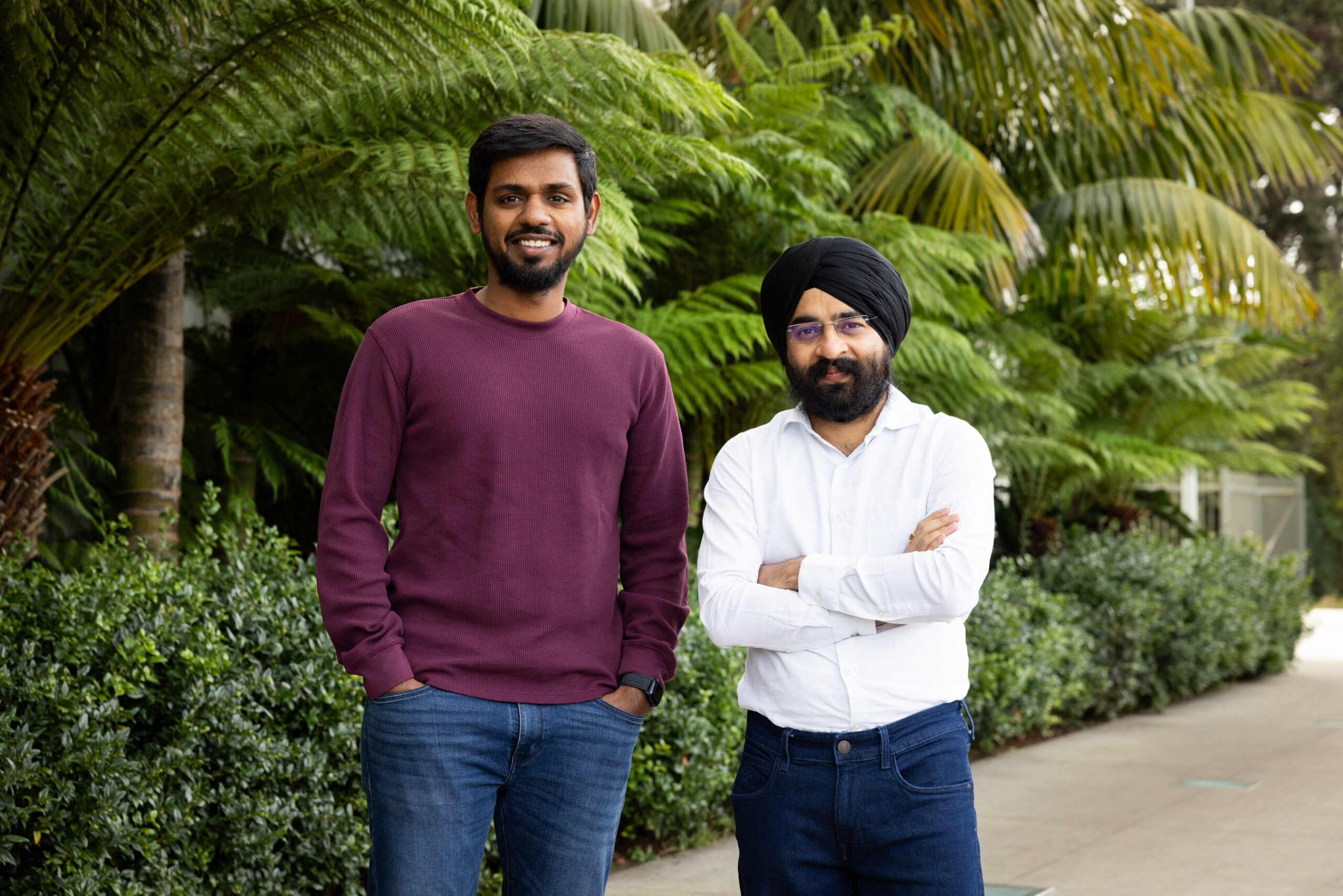Ephos, an innovative leader in glass-based photonic chip technology, has successfully secured $8.5 million in a seed funding round aimed at establishing a groundbreaking research and manufacturing facility in Milan. This initiative, supported by NATO’s Defence Innovation Accelerator (DIANA) and the European Union, marks a pivotal moment in the evolution of quantum and light-based computational infrastructures.
The funding round was spearheaded by Starlight Ventures, a U.S. venture capital firm known for its investments in deep technology. Other prominent contributors included Collaborative Fund, Exor Ventures, 2100 Ventures, and Unruly Capital. Noteworthy angel investors such as Joe Zadeh, former Vice President at Airbnb, and Diego Piacentini, former Senior Vice President at Amazon, also participated in this significant funding round.
The new facility, strategically located in the Milano Innovation District (MIND), will be the world’s first dedicated site for the mass production of glass-based quantum photonic circuits. This state-of-the-art environment is designed to foster collaboration and drive innovation in quantum technologies. Ephos plans to use this funding to expand its operations in Milan while also enhancing its team in San Francisco.
Ephos distinguishes itself from traditional silicon-based chip manufacturers through its innovative use of glass substrates. This cutting-edge approach enhances the speed and energy efficiency of advanced quantum computing, communications, and sensing devices. By tackling signal loss—one of the primary obstacles in quantum computing—Ephos is well-positioned to lead a technological revolution. Minimizing signal loss is crucial in the realm of quantum computing, where information cannot be replicated, making operational efficiency vital.
In a landscape where energy demands are skyrocketing—especially within data centers driven by the AI boom—Ephos’s technology arrives as a timely solution. Goldman Sachs has projected a staggering 160% increase in data center power consumption by 2030, underscoring the urgent need for energy-efficient technologies. Ephos’s photonic chips promise not only to meet these demands but also to enhance Allied security interests by relying exclusively on suppliers from the U.S. and EU.
“Securing this funding and opening our Milan facility is a critical milestone for Ephos,” stated Andrea Rocchetto, CEO and co-founder of Ephos. “Our glass-based photonic chips are set to transform not just quantum computing and AI, but the broader computational infrastructure of the future. By addressing energy inefficiencies and enhancing performance across industries, we’re laying the foundation for the next generation of computing technology.”
The potential impact of Ephos’s technology is monumental. As we enter a new era of quantum advancements, the company’s commitment to reducing signal loss while improving energy efficiency could redefine computational capabilities across various sectors. With deep tech and quantum research investments on the rise, Ephos is not just poised for success; it could play a vital role in establishing a robust quantum ecosystem in Europe and beyond.
Editorial Opinion:
Ephos’s strategic focus on glass-based photonic technology positions it uniquely within an increasingly competitive landscape. As industries across the globe face escalating energy challenges, the company’s innovations offer a promising pathway to sustainable and efficient computational solutions. By prioritizing energy efficiency and minimizing signal loss, Ephos is tackling two of the most pressing issues in technology today.
Furthermore, the establishment of its facility in Milan is not merely a logistical move; it signifies a commitment to innovation and collaboration at the heart of Europe’s tech scene. The synergy between industry and academia in the Milano Innovation District provides an ideal environment for Ephos to thrive, fostering partnerships that can propel quantum technology forward.
In a world where technological advancement is often accompanied by environmental concerns, Ephos’s approach exemplifies a forward-thinking mindset. By leveraging in-house manufacturing and a reliable network of U.S. and EU suppliers, the company is safeguarding technological independence, a crucial aspect for both commercial ventures and defense applications. As Ephos continues to develop its cutting-edge technology, it is a company worth watching closely in the coming years.
If you need further assistance or have any corrections, please reach out to editor@thetimesmag.com.











